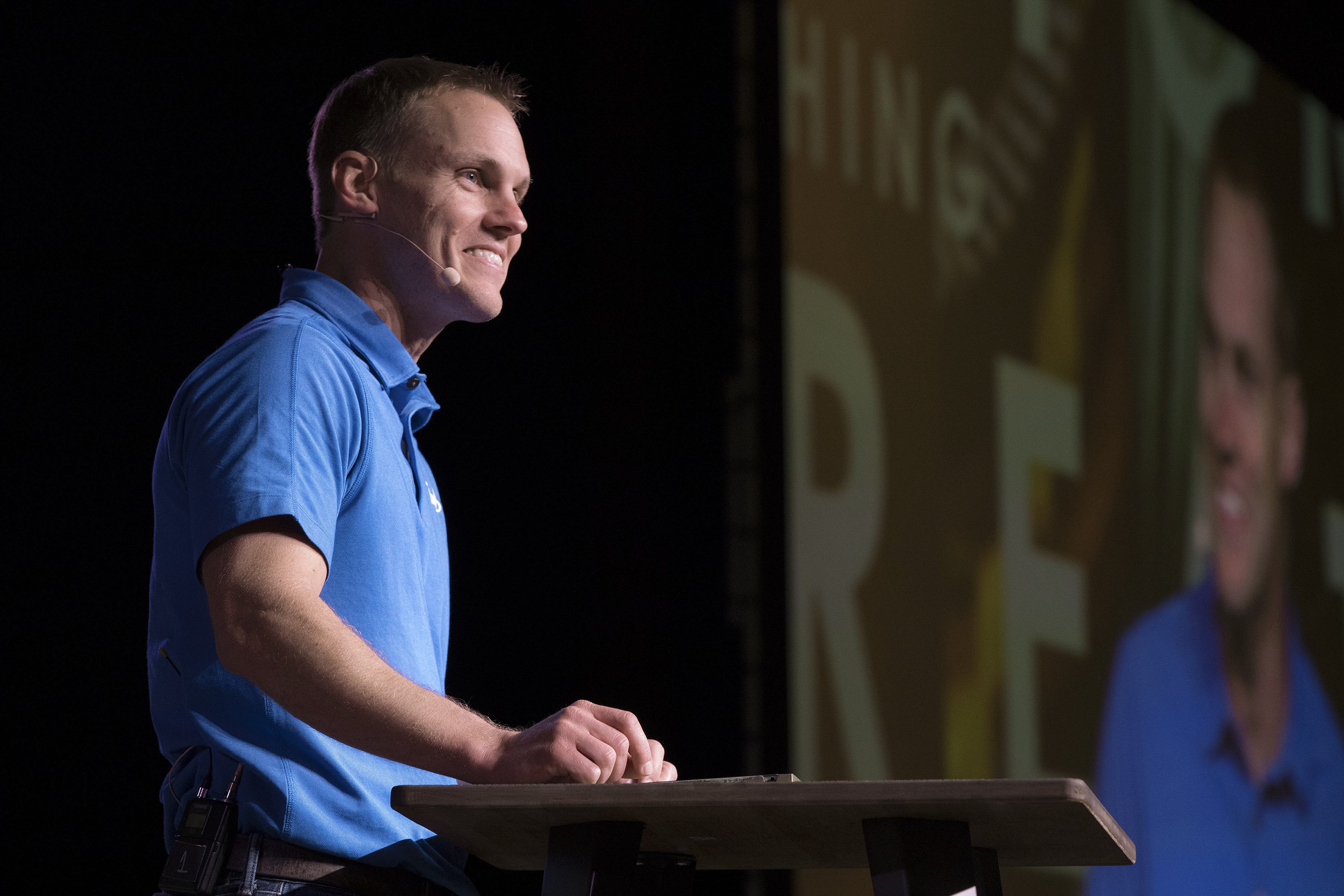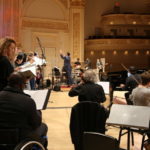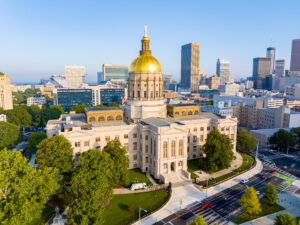
ISRAEL (BP) – Ric Worshill learned early that it was not something his family discussed, the murder of 6 million Jewish civilians during World War 2 that ended an entire side of his family.
“It’s too heartbreaking, I think. It’s very hard,” Worshill told Baptist Press as Israel marks Yom HaShoah beginning this evening (April 17). “It’s a whole side of the family that basically doesn’t exist anymore because they were killed in the camps, or killed in the resistance. Some of the people I have been able to contact, who escaped, the older ones especially, they don’t want to talk about it.
“They don’t want to talk about what happened to their brothers and sisters and cousins,” said Worshill, executive director of the Southern Baptist Messianic Fellowship (SBMF), who located some of his relatives through a DNA test. “No one seems to know what happened in their family’s history. They all say the same thing. ‘They all died.’ Same with (Worshill’s wife) Gwenn’s family.”
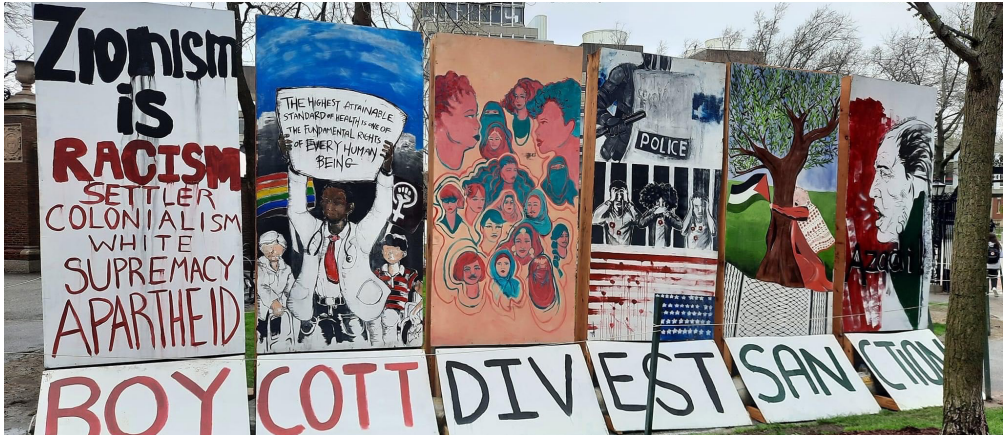
Both Worshill and Michael Herts, SBMF missions development manager and Southeast regional director for Chosen People Ministries, esteem the 24-hour Yom HaShoah observance to commemorate those killed and honor survivors and rescuers.
With documented cases of antisemitism rising globally, the two believe the commemoration is especially important today as Jewish people fear a second Holocaust.
“(The Holocaust) happened incrementally, step by step,” Herts said. “And people didn’t expect (the Holocaust). They didn’t think that their own country, which was supposedly educated and advanced, would ever turn on them the way they did.”
The Holocaust killed two-thirds of the Jewish people in Europe, and one-third of the Jewish population worldwide, Herts said.
“We need to watch that it does not happen again. It is a true concern for Jewish people,” Herts said. “Especially with the rising antisemitism in Europe, as well as the United States. Regarding religious hate crimes … in the United States, FBI statistics … state that the Jewish people are the most targeted people.”
In concert with Yom HaShoah, the U.S. marks Days of Remembrance April 16-23, by act of the U.S. Congress.
Scott Phillips, who offers Christian students educational tours of Israel as chief executive officer of Passages, learned to love and pray for the Jewish people when he was 5 years old, he told Baptist Press.
“I remember one time we were listening to a song in the car, and it was a song from the (1980s), and it talked about Jerusalem,” he said, recalling the song “Jerusalem” by the former Christian band White Heart. “I said, ‘Mom, how far is Jerusalem? Can we go there tomorrow?’ I had this interest.”
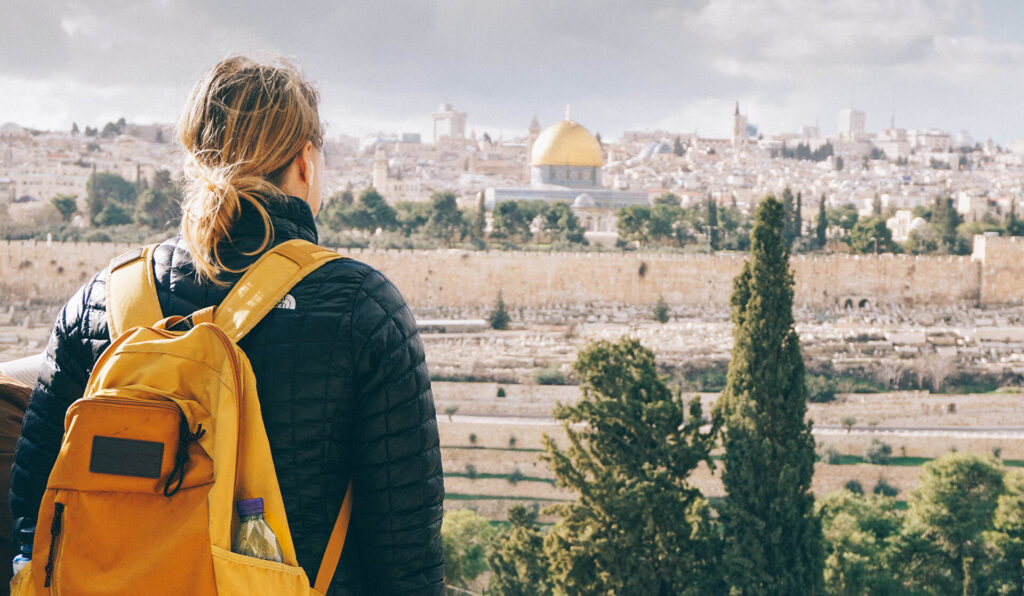
It was 2005 before Phillips traveled to Israel as a young college graduate. He lived there a few years and developed a desire to see college students travel to Israel as a means of strengthening their faith. He launched Passages in 2016 for that very purpose.
Phillips believes remembering the Holocaust is important to all nations.
“Holocaust education, and of course just education in general on the history of antisemitism and the story of the Jewish people is so important,” Phillips said, “of course not only for the Jewish people, but also for all people groups who have experienced tragedies.
“Remembering is just so important, because if we forget and we allow it to be forgotten,” he said, “or allow the effect of it to be forgotten, then history sometimes unfortunately repeats itself.”
Passages takes Christian college and high school students to Israel not only to strengthen their faith, but also to connect them to the Jewish people. Students, who typically travel during breaks between school sessions, visit foundational biblical sites and hear perspectives from Jewish, Christian and Muslim Israelis, and Christian and Muslim Palestinians.
Phillips sees a natural affinity between Jews and Christians.
“To be able to build those bridges of friendship and also educate these young students,” he said, “when maybe they haven’t been educated on the Holocaust, on antisemitism, so that they don’t forget and so that they can stand when they need to for their friends in the Jewish community.”
Antisemitism is growing at schools and educational institutions as in other settings, according to the Anti-Defamation League (ADL). Such incidents increased 49 percent to reach 494 in 2022 at non-Jewish kindergarten-12th grade schools, the ADL said in its annual audit of antisemitic events, and increased 41 percent on U.S. college campuses, reaching 219 incidents, when compared to the previous year.
The ADL counted the highest number of antisemitic events in 2022 in the U.S. that has ever been recorded, the third time a new high has been reached in the past five years, the ADL said in its report. The 2022 U.S. count reached 3,697 antisemitic incidents, a 36 percent increase from 2,717 incidents tabulated in 2021 and the highest number on record since ADL began tracking antisemitic incidents in 1979.
“The dramatic increase in antisemitic incidents in 2022 in almost all categories cannot be attributed to any one cause or ideology,” the ADL wrote. “Significant surges in incidents include high volume increases in organized white supremacist propaganda activity … as well as deeply troubling percentage increases in attacks on Orthodox Jews … and bomb threats toward Jewish institutions.”
Yom HaShoah serves as a time of teach the truth of the Holocaust and antisemitism, Herts believes.
“First of all, it really happened, because there are a lot of deniers against the Holocaust,” Herts said. “As believers in Jesus, we need to stand up to hate in every form. Not just the Jewish people, but there’s hatred towards all sorts of different groups. And we as believers need to be salt and light, and not go along with darkness, and stand up to it when it happens.
“As a Jewish believer in Jesus, I am aware that (the Holocaust) could happen again.”
Worshill abhors prejudice of any sort as a “sickness” or “poison that spreads.”
“As much as we make it known to people that prejudice is unacceptable,” Worshill said, “people don’t seem to listen. There have been all sorts of writings about different prejudices against different people groups, but sometimes those writings have been as prejudiced as the original prejudice against those people groups.”
Individuals can be slow to see their own prejudices, he explained, even as they talk about the prejudices of others.
“When you look at the Jewish people,” Worshill said, “there’s still Jewish people in captivity and slavery in certain countries.”
Both Herts and Worshill commend the Southern Baptist Convention for its work in loving and praying for the Jewish people. Herts emphasized a need for Jewish evangelism.
Messengers to Southern Baptist annual meetings have passed numerous resolutions supporting Israel and Jewish people across the diaspora, beginning in 1873 with the Resolution on Anti-Semitism, and as recently as 2016 with the resolution on Prayer and Support for Israel.
“What the church can do is reach out with love to the Jewish people,” Herts said, “and stand against hatred … and make a public statement of love towards the Jewish people. The Southern Baptist Convention in general has been supportive of Israel.”
–30–
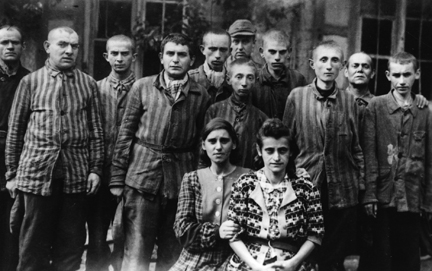

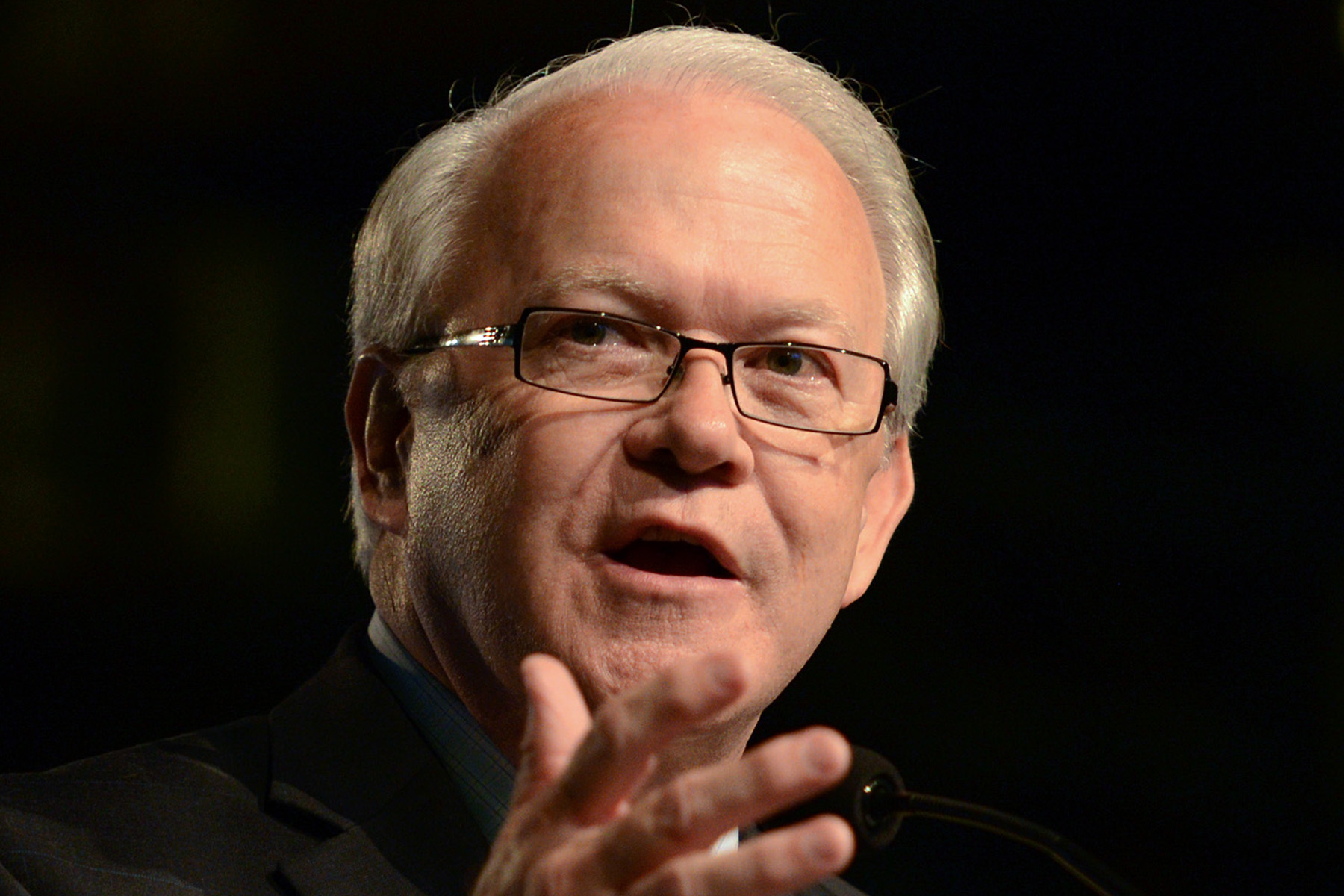

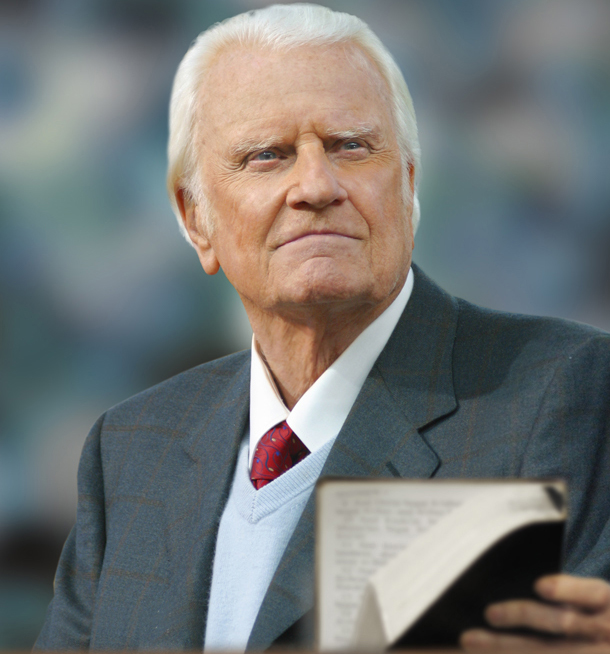
-headshot.jpg)
